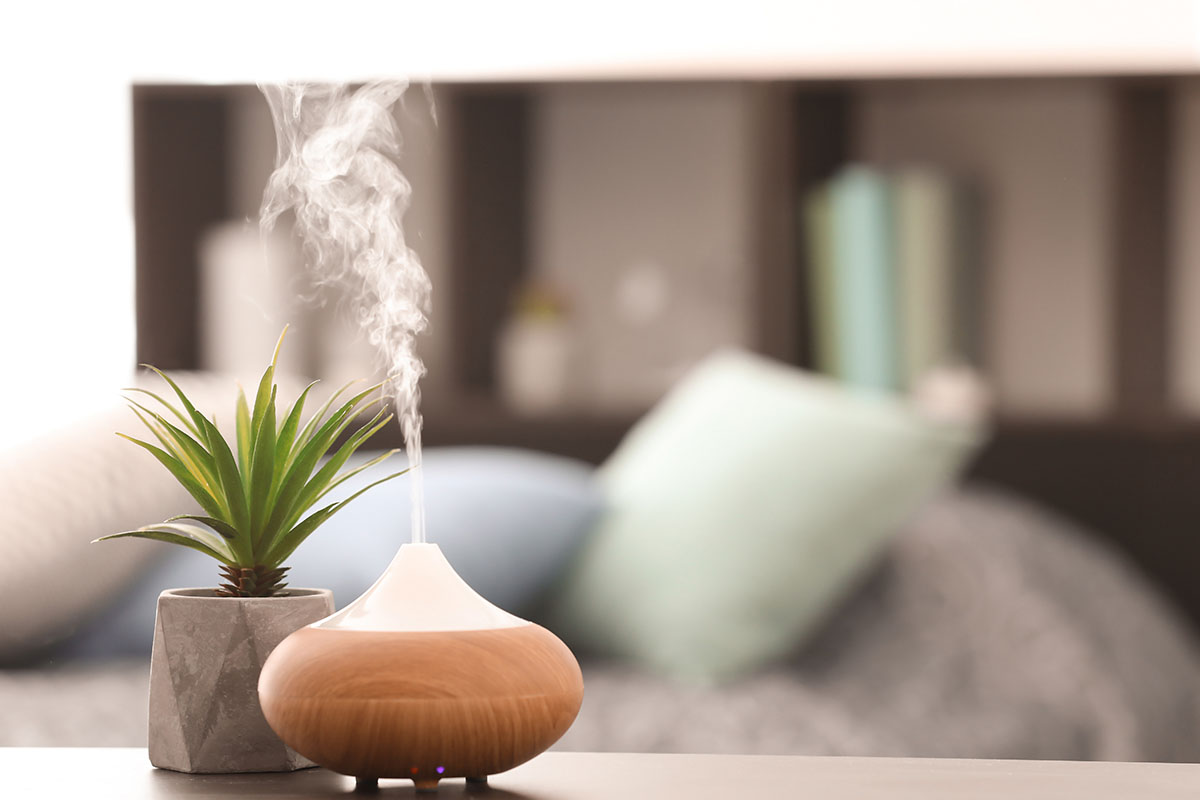
You may be new to meditation therapy as part of addiction and mental health treatment programs. However, the practice of meditation itself is far from new. In fact, the practice is thousands of years old and only became popular in Western culture in the 1960s and 70s. An important part of addiction treatment and recovery is developing healthy coping mechanisms that you can use on your own, outside of a treatment facility. Meditation therapy has proven to be highly beneficial in managing the stressors that lead to substance use and mental health issues. There are many additional reasons to meditate that are related to a meditation therapy program, as well as everyday life.
The reasons to choose meditation therapy as part of your treatment experience are many. Being able to clear your mind of the clutter that bogs down our busy lives every day is always beneficial. If you are struggling with a substance use or mental health disorder, then being able to clear your mind to focus on getting better is even more important. Sometimes, a mere five minutes of meditation can make a world of difference. The key is being disciplined about making meditation a routine so you can reap the full benefits of it.
Some of the key reasons to meditate as part of an addiction recovery program are:
Meditation assists in helping control moods and emotions that can be triggers for cravings and negative behavior.
Studies prove that meditation is an effective coping mechanism that helps people stay on the path to recovery when they are tempted to veer toward bad habits.
Easing symptoms of anxiety and depression and working to keep the focus on the present are big advantages of meditation as part of addiction treatment.
When combined with yoga, meditation therapy can serve as a great strength training regimen.
The practice of regular meditation can improve mental focus and cognitive abilities.
There is plenty of research to show that meditation helps with brain strength. This is the key to it being an effective therapy for mental health disorders as well as substance use disorders. Co-occurring disorders are common and most addiction treatment centers now treat both mental health and addiction alongside each other as part of a dual diagnosis program. These programs employ both traditional talk therapies as well as more experiential therapies, like meditation.
Meditation therapy addresses the stressors that can be triggers for addiction and symptoms of mental health disorders. It can also manage the impulse to use drugs or alcohol. Finally, it helps reduce symptoms like negative thoughts, nightmares, and flashbacks to traumatic events. Meditation therapy helps to focus attention on the present and not the past.
Meditation and fostering acceptance help those in recovery to better cope when they come across a hurdle to their recovery. It also allows the individual to spend time on themselves and their thoughts to self-explore the events or triggers that may have led to their disorder.
At San Antonio Recovery Center (SARC), you are able to participate in a wide variety of programs to create your customized treatment plan. Our treatment team has years of experience in working with individuals to overcome substance use and mental health disorders. Meditation therapy could be a key part of your recovery process.
Additional experiential therapies offered at SARC include:
Connect with our caring and professional team today at 866.957.7885 to find out more about what is offered at our San Antonio campuses.
contact us now!
